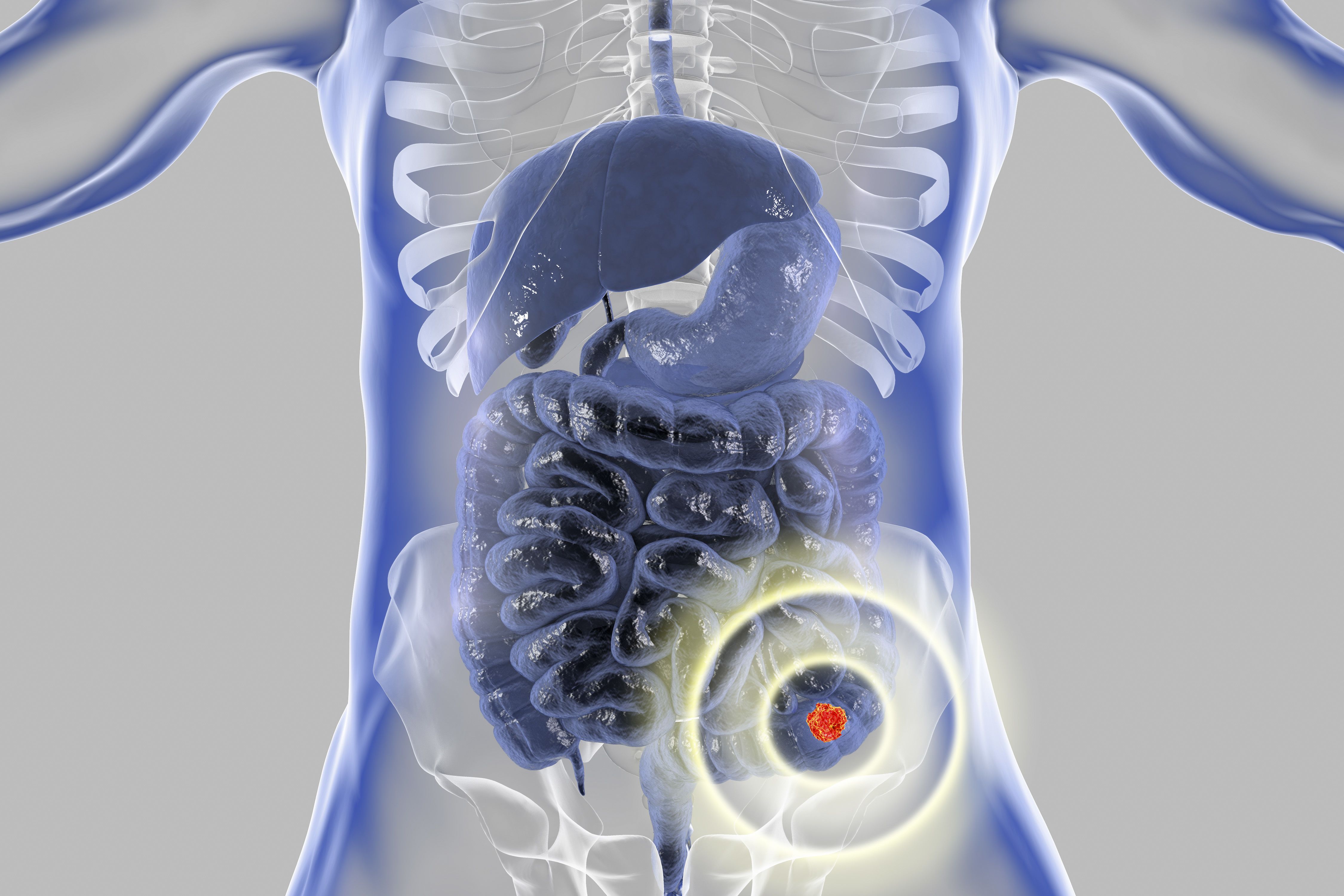Nivolumab/Ipilimumab Approved for First-Line MSI-H/dMMR mCRC in Europe
Nivolumab with ipilimumab elicited improvements to progression-free survival in patients with microsatellite instability–high colorectal cancer.
Nivolumab with ipilimumab elicited improvements to progression-free survival in patients with microsatellite instability–high colorectal cancer.

Nivolumab (Opdivo) plus ipilimumab (Yervoy) has been approved by the European Commission (EC) for the frontline treatment of patients with microsatellite instability–high (MSI–H) or mismatch repair deficient (dMMR) unresectable or metastatic colorectal cancer (mCRC), according to a news release from the developer, Bristol Myers Squibb.1
In May 2024, the combination received Type II variation application validation from the European Medicines Agency (EMA), and in November 2024, the EMA’s Committee for Medicinal Products for Human Use (CHMP) recommended the approval for this patient population.2,3
Results from the randomized, open-label, phase 3 CheckMate -8HW trial (NCT04008030) were the basis for the approval, which showed the clinical benefit of nivolumab with ipilimumab when compared with nivolumab monotherapy or investigator’s choice of chemotherapy in patients with MSI–H/dMMR mCRC.
“Colorectal cancer is the second leading cause of cancer death in Europe and patients are in need of new treatment options that delay disease progression. Approximately 5% to 7% of metastatic colorectal cancer patients have MSI-H/dMMR tumors and these patients are less likely to benefit from conventional chemotherapy and typically have poor prognosis outcomes,” Dana Walker, MD, MSCE, vice president and nivolumab global program lead at Bristol Myers Squibb, stated in the news release. “The EC’s decision to approve nivolumab plus ipilimumab represents a significant milestone for this patient population in the European Union and underscores our commitment to advancing treatment options.”1
In CheckMate -8HW, 839 patients were randomized to 1 of 3 trial arms: single-agent nivolumab at 240 mg of nivolumab once every 2 weeks for 4 doses, then 480 mg of nivolumab once every 4 weeks (arm A); nivolumab at 240 mg plus 1 mg/kg of ipilimumab once every 3 weeks for 4 doses followed by 480 mg of nivolumab once every 4 weeks; (arm B) and investigator’s choice of chemotherapy (arm C).
Key inclusion criteria include histologically confirmed recurrent or mCRC irrespective of prior treatment, known MSI-H/dMMR status per local standard of practice, and an ECOG performance status of 0 or 1.4
Reasons for ineligibility were active/known autoimmune disease, history of interstitial lung disease or pneumonitis, and history of a positive test for human immunodeficiency virus or known acquired immunodeficiency syndrome.
The coprimary end points were PFS for nivolumab/ipilimumab vs nivolumab monotherapy by blinded independent central review (BICR), as well as PFS for nivolumab/ipilimumab vs chemotherapy by BICR. Secondary end points include overall response rate, overall survival, duration of response, and disease control rate.
At a median follow-up of 31.5 months, the median progression-free survival (PFS) was not reached (NR; 95% CI, 38.4-not evaluable [NE]) in the nivolumab/ipilimumab arm compared with 5.9 months (95% CI, 4.4-7.8) in the chemotherapy arm (HR, 0.21; 97.91% CI, 0.13-0.35; P <.0001).5 The PFS benefit was observed across all prespecified subgroups.
The safety and tolerability profile resulting from the nivolumab and ipilimumab arm of the trial remained consistent with both agents’ previously reported data. Grade 3/4 adverse events (AEs) occurred in 23% of patients in the nivolumab/ipilimumab arm and 48% of patients in the chemotherapy arm. Treatment-related AEs that led to discontinuation were reported in 17% of patients in the nivolumab with ipilimumab arm and 32% in the chemotherapy arm.
Additional data from CheckMate -8HW are anticipated to be presented at the Gastrointestinal Cancers Symposium, held on January 23 to 25, 2025.
References
- Bristol Myers Squibb receives European Commission approval for Opdivo (nivolumab) plus Yervoy (ipilimumab) for the first-line treatment of adult patients with microsatellite instability–high or mismatch repair deficient metastatic colorectal cancer. Bristol Myers Squibb. News release. December 23, 2024. Accessed December 23, 2024. https://tinyurl.com/5nd4auny
- European Medicines Agency validates Bristol Myers Squibb’s application for Opdivo (nivolumab) plus Yervoy (ipilimumab) for the first-line treatment of adult patients with microsatellite instability–high or mismatch repair deficient metastatic colorectal cancer. News release. Bristol Myers Squibb. May 6, 2024. Accessed December 23, 2024. https://shorturl.at/wzKMY
- Bristol Myers Squibb receives positive CHMP opinion for Opdivo® (nivolumab) plus Yervoy (ipilimumab) for the first-line treatment of adult patients with microsatellite instability–high or mismatch repair deficient metastatic colorectal cancer. News Release. Bristol Myers Squibb. November 15, 2024. Accessed December 23, 2024. https://tinyurl.com/434jvfcu
- A study of nivolumab, nivolumab plus ipilimumab, or investigator's choice chemotherapy for the treatment of participants with deficient mismatch repair (dMMR)/microsatellite instability high (MSI-H) metastatic colorectal cancer (mCRC) (CheckMate 8HW). ClinicalTrials.gov. Updated December 18, 2024. Accessed December 23, 2024. https://tinyurl.com/43928258
- Lenz H-J, Lonardi S, Elez E, et al. Nivolumab (nivo) plus ipilimumab (ipi) vs chemotherapy (chemo) as first-line (1L) treatment for microsatellite instability-high/mismatch repair-deficient (MSI-H/dMMR) metastatic colorectal cancer (mCRC): expanded efficacy analysis from CheckMate 8HW. J Clin Oncol. 2024(42; suppl 16):3503-3503. doi:10.1200/JCO.2024.42.16_suppl.3503